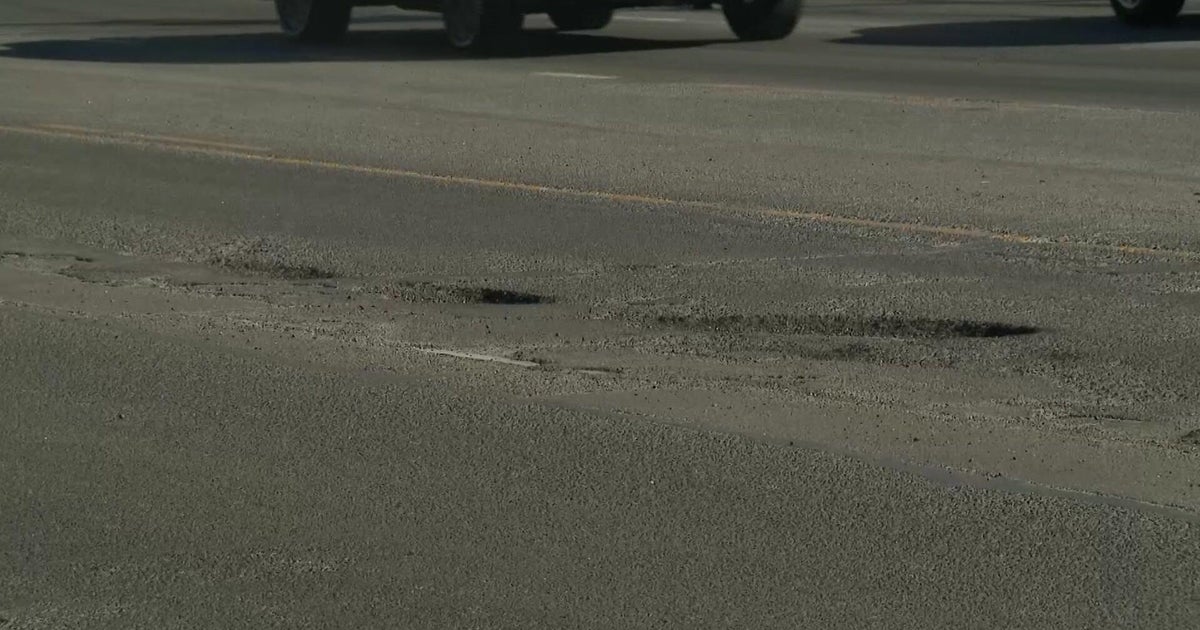'Curious:' When Will I Feel Impact Of Stimulus?
 WBZ
WBZ
The massive stimulus plan was passed this week prompting many to wonder why the markets aren't turning around, and is there something that can be done to fix it?
Well we can dismiss ourselves of the notion that there is going to be a quick fix.
But WBZ put some of your Curiosity questions to a local economist to get his take on what's going on.
The stimulus plan is signed, yet the DOW dropped 6 percent just this week.
Economist Arthur MacEwan says Wall Street is mirroring investors by lacking confidence.
"The problem is with the signs that it's going to move back up, and no one is clear when that's going to come," MacEwan said. "There are some people who are predicting it will turn around in a year others say it's going to be four or five years."
CURIOUS ABOUT STIMULUS PLAN EFFECTS
Jeffrey from Worcester asked about the stimulus plan that President Obama signed at the beginning of the week.
"I thought this was supposed to help the economy right away?"
EXPERT'S TAKE:
"I don't think the government ever claimed the package was going to help right away. Money has to get out to people, it has to get spent. Companies have to respond by creating jobs."
"It's going to take several months before we feel the impact of the stimulus package. For example, they're talking about fixing bridges. Even if you're ready to go -– they call it shovel ready -- it still takes a while to get people out there."
"We'll be lucky if this has a significant impact by the end of the year."
CURIOUS ABOUT HOUSING BAILOUT PLAN
For the roughly 9 million people in trouble with their mortgages Obama's housing bailout plan is supposed to ease the threat of foreclosure.
Jeff from Lynn wrote, "I am curious about the new foreclosure help announced by President Obama. I currently do not have the money to pay my mortgage, but am optimistic and can plan on starting up payments again in a year."
EXPERT'S TAKE:
"I think a lot of people will feel the benefits of that plan in reduced payments, but not eliminated payments."
MacEwan says Wall Street is jittery about the government's responses to fix the problem.
CURIOUS ABOUT TAX BREAKS
"Why won't we see a tax break until next season?"
EXPERT'S TAKE:
"You can't legislate taxes backwards. We have already paid or are paying our taxes for last year. So it's very hard to do that backwards. Some of the impact will be felt in a small way with taxes as withholding gets reduced."
CURIOUS WHERE $700B WENT
"Where exactly did all of the $700 billion bailout package go?"
EXPERT'S TAKE:
"We don't know. That was the bailout package, not the stimulus package. That money was for the bailout of the banks, the loans, the capitol that was supplied to the financial institutions. We don't know where all that went. There has not been what we call transparency of the operation of that bailout bill. That was one of the problems with it. There isn't clear accountability.
"They use the argument 'we don't want to say what banks we are giving it to because we don't to lose consumer confidence in the banks.' That's not a reasonable argument. This is supposed to be a country where we know what happens to our money. So we don't know about that money. Furthermore, half of that money has been doled out to the banks, but the other half is in the hands of the Obama Administration, and they're starting their own plan to rescue the financial sector."
CONFIDENCE IS KEY COMPONENT, AND IT'S MISSING
MacEwan says during times like these people don't spend money or invest in property unless they think something good is happening in the market.
"The stimulus could have an earlier impact if people are confident it will work," MacEwan explained. "But frankly I think things are so bad that people are going to wait and see."
Investors are jittery because they're watching their investments melt away. He said confidence is the medicine that will fix this. The question is no one seems to have the answer to when confidence will return.
© MMX, CBS Broadcasting Inc. All Rights Reserved.







